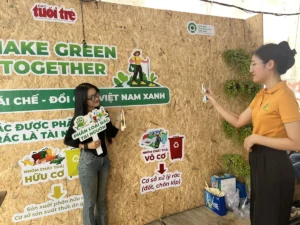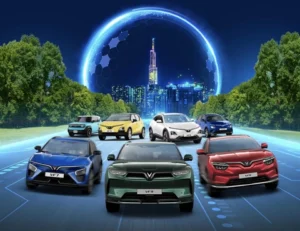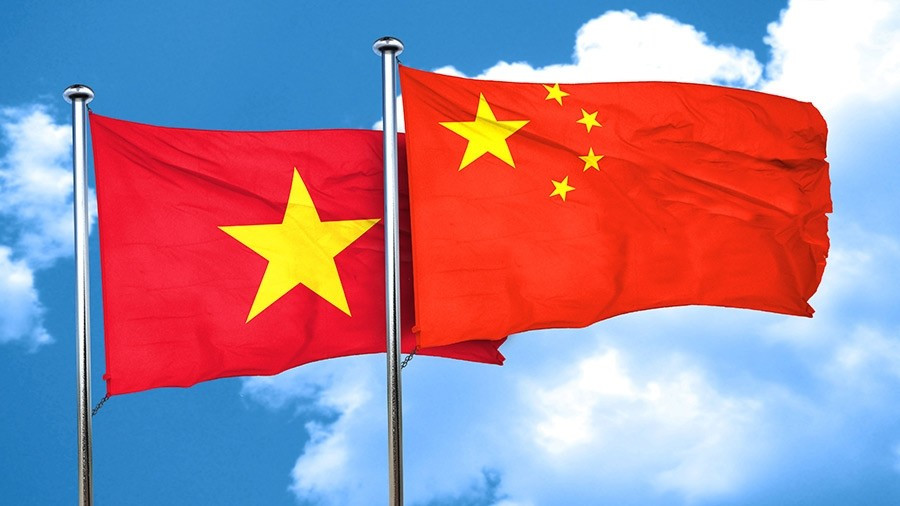Vietnam and China promote cooperation programs in science and technology at the State level as well as research organizations, contributing to creating breakthroughs for economic development.
China now aims to become a world leader in innovation by 2030, with key industries located upstream of the global value chain. By 2050, China will become a superpower in science, technology and innovation .
With the private sector contributing more than 70% of scientific and technological innovation achievements , China is establishing a new technology development model, based on enterprises at the center.
Science and technology are considered a major area of interest during the fourth visit of Chinese General Secretary and President Xi Jinping to Vietnam. China’s success has created momentum and brought new development opportunities for the modernization process of developing countries, including Vietnam.
Over the past 3 years, the Institute of Materials Science has cooperated with the Chinese Academy of Sciences to develop two key technologies: lithium batteries and hydrogen batteries. While lithium batteries are commonly used in phones, computers, and electric vehicles, hydrogen fuel cells emit absolutely no emissions during use. Vietnam has more opportunities to train a team of experts, gradually mastering the technology of storage, electrolysis, and battery manufacturing, from small capacity of 1KW to 1MW.
javascript:if(typeof(admSspPageRg)!=’undefined’){admSspPageRg.draw(2030173);}else{parent.admSspPageRg.draw(2030173);}
Prof. Dr. Tran Dai Lam – Director of the Institute of Materials Science, Vietnam Academy of Science and Technology said: “Mastering hydrogen technology at large capacity is not only a problem of reducing emissions. This also has a great significance that Vietnamese enterprises use domestic technology of Vietnam”.
Over the past 18 years, Hanoi University of Science and Technology has cooperated with a number of Chinese universities such as Tsinghua University and Nanjing University to launch new models such as a sensor system to warn of the risk of rare gas explosions in mines. Enterprises within the university commercialize scientific research results. The two sides cooperate in the field of artificial intelligence and will train bachelors in Chinese in the field of science and technology in the new school year.
Associate Professor, Dr. Huynh Quyet Thang – Director of Hanoi University of Science and Technology said: “Studying with Chinese partners will help us shorten the research time, we learn lessons from China’s experience. When investing in science and technology towards areas of application in life, I think China is very strong in this point. That is also the expectation of Resolution 57 of the Politburo”.
In recent years, Vietnam and China have promoted hundreds of cooperation programs in science and technology at the State level as well as research organizations, universities, and enterprises, from high-tech agriculture , biotechnology, to artificial intelligence and new materials technology.
Mr. Bui The Duy – Deputy Minister of Science and Technology said: “China has created favorable conditions for Vietnam to bring potential young scientists to access China’s successful lessons in using science and technology, innovation to industrialize, modernize and develop the country”.
Once considered the world’s low-tech factory, China has now become one of the world’s leading technology centers. Promoting cooperation between the two countries will help Vietnam improve its team of experts, master many advanced technologies, contributing to creating breakthroughs for the country’s socio-economic development in the era of development.
















